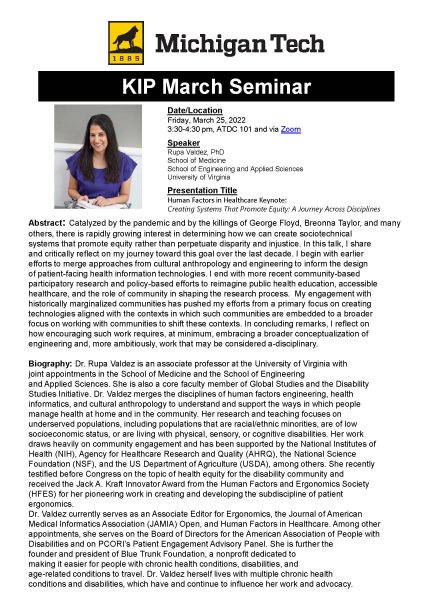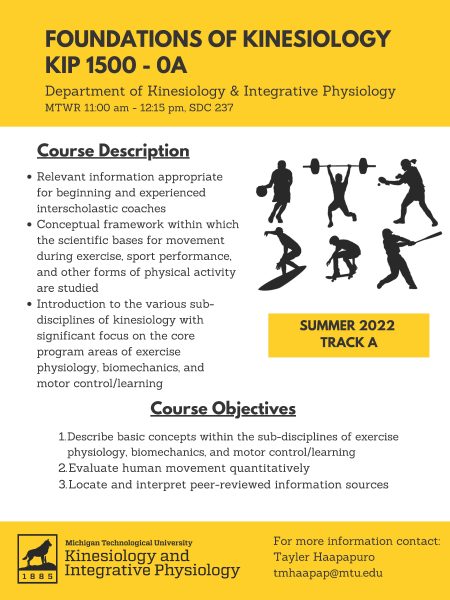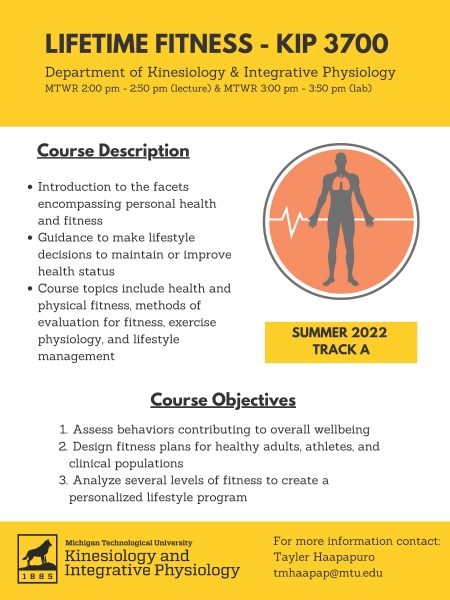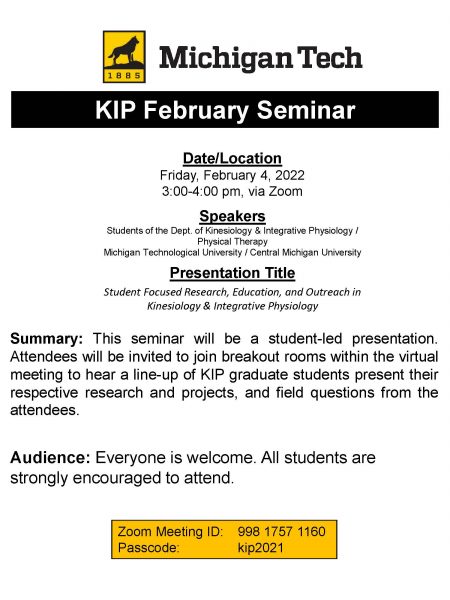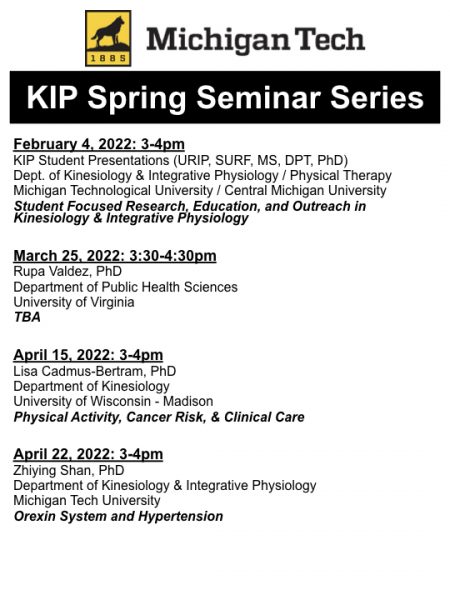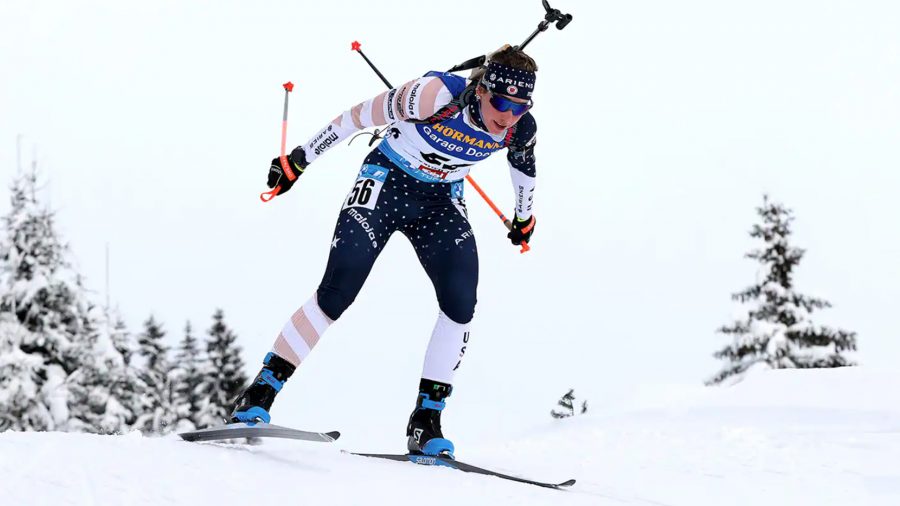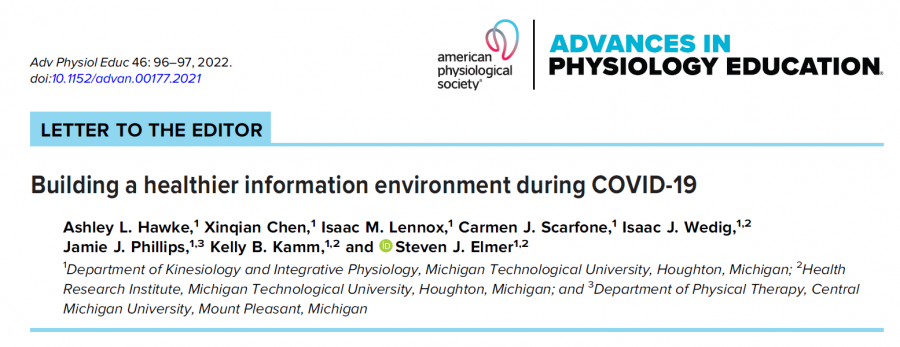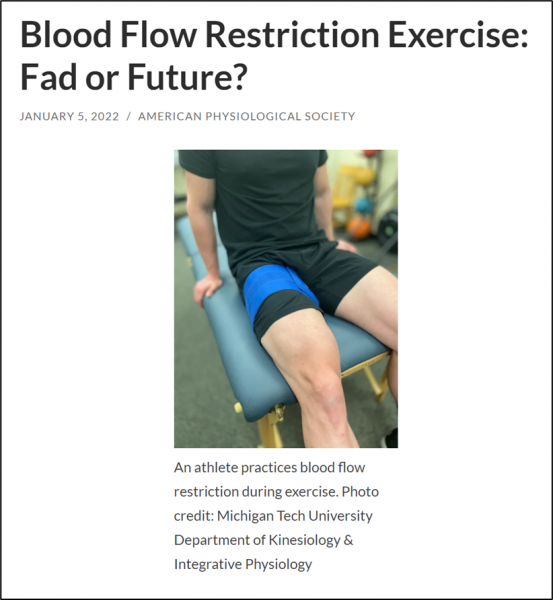Please join us in-person or through Zoom this Friday, March 25, from 3:30 to 4:30 pm for this month’s KIP Seminar.
This event is co-sponsored by CLS, KIP, and CSA, and is sponsored in part by the Michigan Tech Visiting Professor Program, which is funded by a grant to the Office of the Provost from the State of Michigan’s King-Chavez-Parks Initiative.
Please see the flyer for more details about Dr. Rupa Valdez and for the Zoom link.
